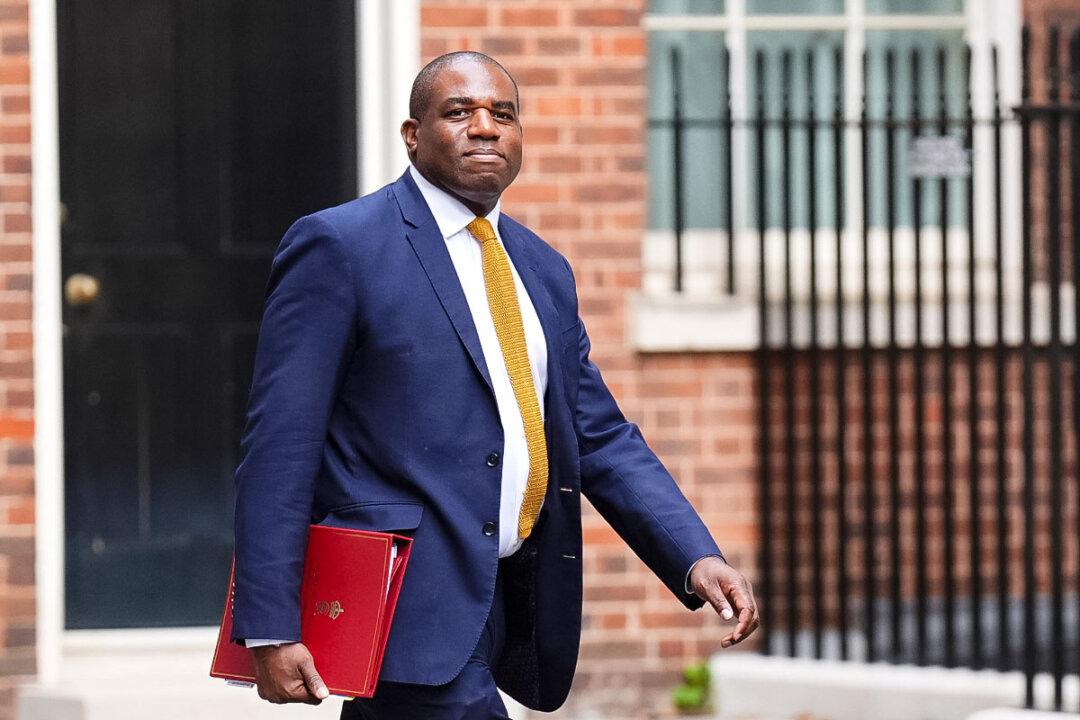The UK’s foreign secretary has revealed the country will start suspending the sale of some arms to Israel over concerns that their use could be in breach of international humanitarian law.
In the Sept.2 Oral statement to the UK Parliament, Foreign Secretary David Lammy said only about 30 of 350 licenses would be immediately halted, following a review commissioned after the July election that saw the Labour Party take power.





